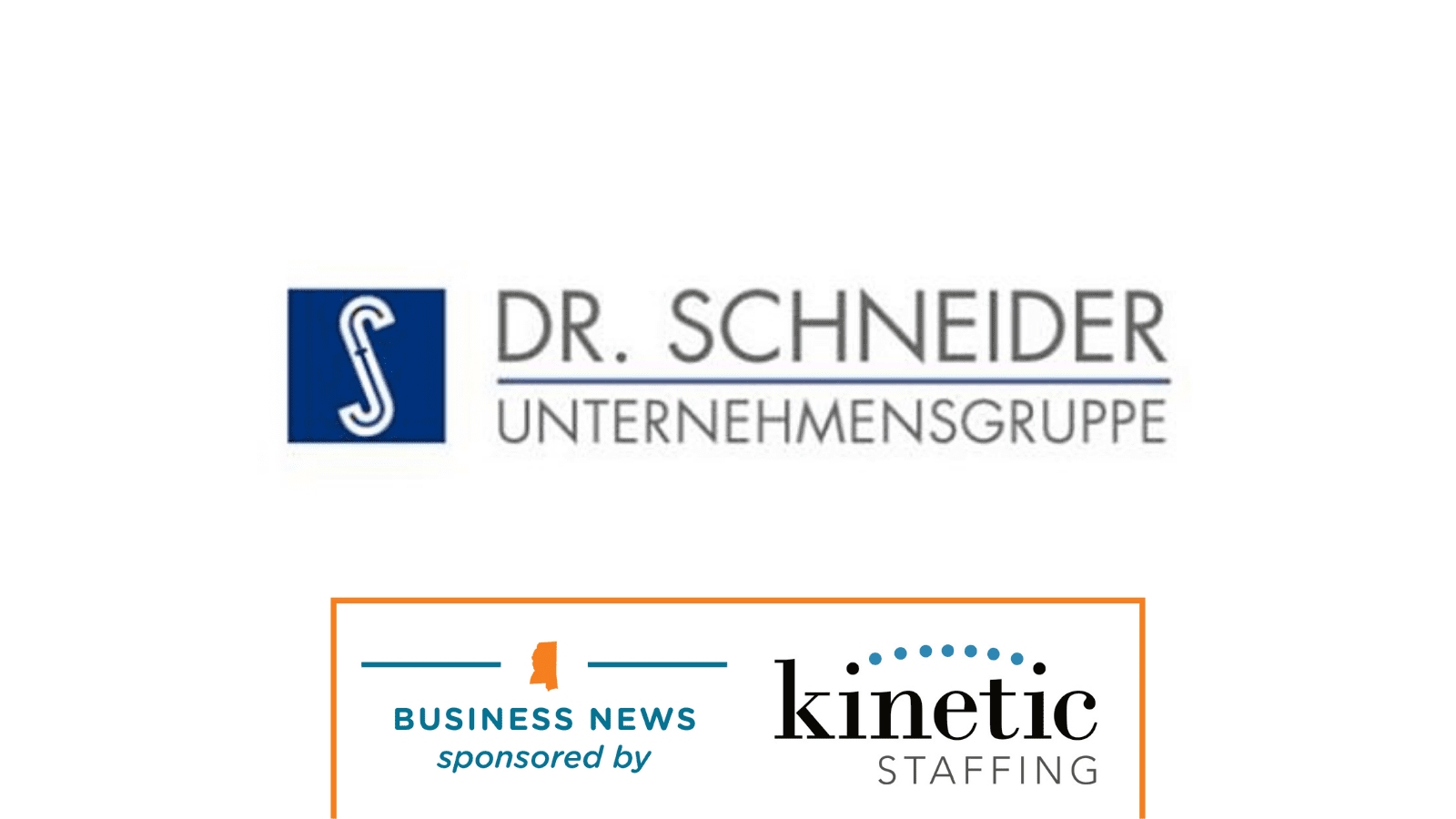
In the most recent COVID-19 survey assessing how the pandemic has impacted small business, the NFIB Research Center looked into supply chain disruptions, staffing shortages, and anticipations about the holiday season.
613 responses were collected between October 25-27.
“Going into the busy holiday season, nearly half of small business owners who rely on holiday sales as a significant part of yearly revenue report that both the supply chain disruptions and the staffing shortage will impact their holiday sales,” said Holly Wade, executive director of NFIB’s Research Center. “Small employers continue to adjust their business operations and hiring practice to compensate for these issues, including for many dramatic price increases.”

State-specific data is unavailable, but NFIB State Director Dawn McVea said, “The findings underscore the need for Mississippi to invest some of the federal money it received under the American Rescue Plan Act in workforce training and other programs to help prepare people to take the jobs that are out there.”
Key findings of the national survey include:
Supply Chain Disruptions
- About half of small business owners (48%) reported that supply chain disruptions are having a significant impact on their business, almost unchanged from September’s survey.
- Another 34% of owners reported supply chain disruptions are having a moderate impact on their business and 12% said it has a mild impact on their business. Six percent of owners reported supply chain disruptions are not an issue.
- Supply chain disruptions are becoming increasingly challenging for many small business owners, with over half (62%) experiencing disruptions saying that the supply chain disruption is worse now than it was three months ago.
- Almost all small business owners (90%) anticipate the supply chain disruption that is impacting their business to continue for five or more months.
Staffing Shortages
- Twenty-six percent of small employers are currently experiencing a significant staffing shortage and another 22% are currently experiencing a moderate staffing shortage.
- Of those small businesses currently experiencing a staffing shortage, 23% are experiencing a significant loss of sales opportunities and 28% reported a moderate loss of sales opportunities because of the staffing shortage.
- About two-thirds (61%) of small employers reported that their current staffing shortage is about the same as it was one month ago.
- Small employers are adjusting hiring practices to attract employees for their open positions. Seventy-nine percent reported increasing wages, 21% increased paid time off, 16% offered or enhanced hiring bonuses, 19% offered or enhanced referral bonuses, and 23% offered or enhanced health insurance benefits.
- In addition, owners are making business operation adjustments to compensate for the staffing shortage. Forty-two percent of owners are offering more hours to part-time employees, 67% are offering overtime to full-time employees, almost all (91%) of small employers responded that the owner(s) are working more hours, and 39% have adjusted business operation hours. Thirty-five percent have introduced new technology to enhance productivity and 34% have reduced the variety of goods and services sold.
Prices and Compensation
- Sixty-nine percent of small business owners have increased their average selling prices due to supply chain disruptions and/or increased compensation due to the staffing shortage.
- Of those who increase selling prices, 66% raised prices by 5% or more.
- When supply chain disruptions and/or the staffing shortage normalizes, 34% anticipate slowing the pace of price increases and 9% anticipate suspending price increases. About one in ten (21%) expect to continue accelerated price increases. Only 5% anticipate lowering their prices.
Holiday Sales
- Of small business owners who rely on holiday sales for a significant part of yearly revenue, about half (49%) of them believe both supply chain and staffing issues will impact holiday sales. Seven percent anticipate only staffing shortages will impact holiday sales and 38% just supply chain disruptions.
- Twenty-six percent of owners anticipate these issues will have a significant negative impact on their business, about half (42%) reported a moderate negative impact, and 25% reported a mild impact.
- Of those who rely on holiday sales, about one-third (32%) are planning to promote their business or participate in events related to Small Business Saturday and another 33% are considering it.
Sales Levels
- Sales levels are 50% or less than they were pre-crisis levels for 14% of small businesses with another 22% at sales levels of 51%-75% pre-crisis.
- Thirty-seven percent of small businesses are back or nearly back to where they were with sales between 76%-100% of pre-crisis levels. Twenty-seven percent are exceeding pre-crisis levels.
Economic Conditions
- Eighteen percent of small business owners report that economic conditions are back to normal now in their area. Seven percent of owners anticipate it taking until the second half of 2021 and 17% anticipate sometime in the first half of 2022 before economic conditions return to pre-crisis levels.
- Thirty-two percent of owners are less optimistic and expect conditions not to fully improve until the second half of 2022 and 27% say after 2023.
Vaccinations
- A quarter of small employers are asking employees if they are vaccinated.
- Thirty-five percent of small employers are encouraging employees to get vaccinated.
Federal Small Business Programs
- About three-quarters (79%) of small business owners reported that they received a Paycheck Protection Program (PPP) loan in 2020. The vast majority (96%) have submitted a PPP loan forgiveness application for their loan.
- Forty-three percent of those who received a first-draw PPP loan received a second-draw PPP loan.
- Only 15% of small employers are very familiar with the Employee Retention Credit (ERTC) and 39% are somewhat familiar.
- Thirteen percent of owners claimed the ERTC for wages in 2020 and another 13% claimed the ERTC for wages in 2021.
- About half (55%) of small employers have had an employee(s) take sick or family leave related to COVID-19. Of those owners, 34% claimed the Federal COVID-19 sick and family leave tax credit (FFCRA).
The first series of these surveys was published in March of 2020 and have continued every three to six weeks since then.
The full survey of the 20th edition is available below:
Covid 19 20 Survey FINAL by yallpolitics on Scribd











